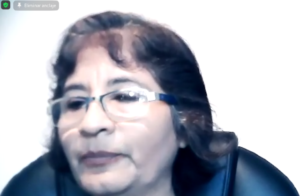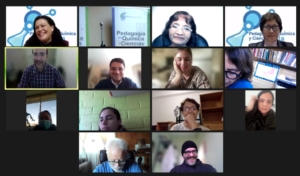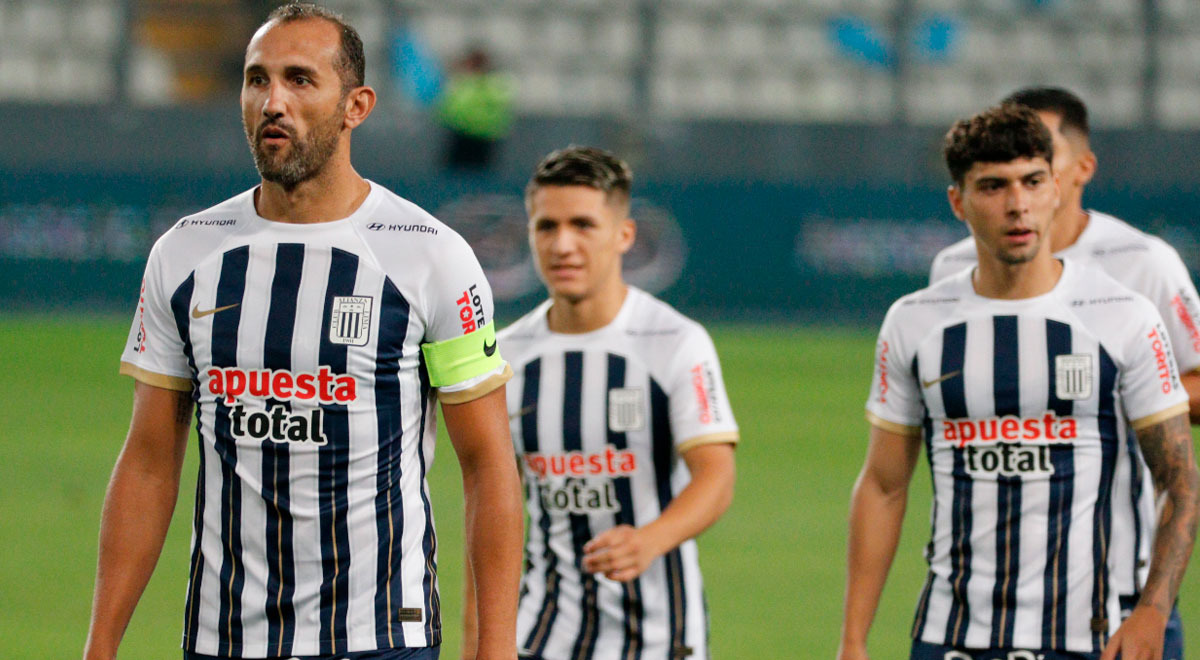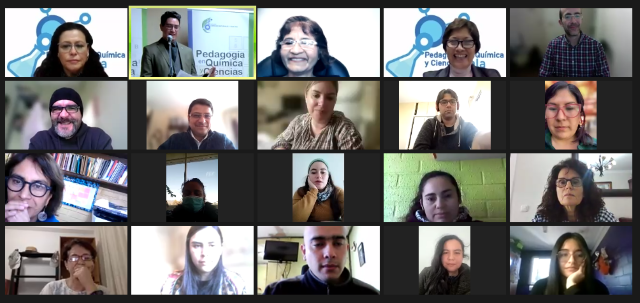race Pedagogy of Chemistry and Science From the University of Playa Ancha next to INCE Network To strengthen the investigation between Chile and Spain, he gave the green light to the second edition of sInternational Virtual Symposium: “Project-Based Teaching and Learning Experiences (ABP)”.
The activity, linked to education professionals from Spain, Brazil, Colombia and Chile, will run until May 19, with the goal of recognizing project-based teaching and learning experiences for secondary school teachers, as well as teacher trainers.
And the convening of this second international meeting held by Dr Director of Pedagogy in Chemistry and Science at UPLA, Dr. Silvia MoragaIt arises from the need to implement different didactic and conceptual approaches described in the study plan for the subject of Science for Citizenship. This required teachers to plan systematic student-centered work, in which they must link cross-disciplinary knowledge and develop skills for the 21st century, particularly those related to critical thinking, creativity, collaborative work, and gender approaches.

“When reforming science study plans in Chile, teachers encountered obstacles evidenced by the surveys conducted with our alumni and teachers of the system. Hence, this seminar aims to help, support and identify the obstacles faced by science teachers in order to turn them into strengths in their professional work,” This was stated by Dr. Moraga, INCE NETWORK coordinator in Chile.
After words of welcome by Dean Catalina Rojas, Dean of the Faculty of Natural and Exact Sciences, Reinaldo Salazar, and representative of the Spanish INCE Network, Academician of the University of Malaga, Dr. Ángel Blanco, at the exhibitions.
Good problems when there are good questions

Why do Chilean students use questions? Refaat Al Academician of the University of Santiago de Chile and specialized in teaching biology and natural sciences, Dr. Carol Juglar10 years ago in a collaborative investigation, they concluded that they used it to gather information.
“Unfortunately, evaluative and critical questions, which aim to solve problems and analyze a specific topic, did not appear in the answers of the students. The questions of the Chilean student body do not encourage thinking or decision-making. Therefore, good questions in the teaching of school biology contribute to the development of people’s independence They are the basis for inquiry, modeling and discussion,” said Dr. Joglar, who added that talking about good questions explains the development of critical and creativity, forward thinking and a more holistic view of problems.
“Good questions,” he continued, “are something that is taught and learned. We are not born knowing how to ask questions in the field of chemistry and biology, let alone a multidimensional approach. Good questions are at the bottom of a science education based on ecological reasoning, because it makes us think in a broader way and allows us to good problem-solving.”
presentations
 On this first day they shared experiences Dr. Joaquín Canero, Professor of Chemistry and Physics at the Educational Center “Colegio Presentación”, Málaga, SpainWho revealed how modeling gases dissolve?
On this first day they shared experiences Dr. Joaquín Canero, Professor of Chemistry and Physics at the Educational Center “Colegio Presentación”, Málaga, SpainWho revealed how modeling gases dissolve?
From the Central and Metropolitan University of Pedagogical Sciences, Doctors Nelson Sepúlveda and Yonathan GarciaPresentation of experiences related to “Project-Based Learning with Arduino”.
The conclusion of the day was in charge of Teacher at Benjamín Vicuña Mackenna High School in Viña del Mar, Jenny Rubilarwho gave an account of the work carried out with his students in “Restoring Coastal Spaces”.
Program review for Friday, May 19th
The symposium will have a second virtual phase on June 1, 8 and 15, where a learning activity in Project-Based Learning (PBL) will be designed and implemented. While the third phase will be implemented in person, with the aim of communicating the results of implementing the teaching and learning activity in project-based learning that was implemented in the previous phase.

“Social media evangelist. Student. Reader. Troublemaker. Typical introvert.”


:quality(85)/cloudfront-us-east-1.images.arcpublishing.com/infobae/7TXNTX4Z6ZADNGBBYTUT45QETM.jpg)
:quality(85)/cloudfront-us-east-1.images.arcpublishing.com/infobae/TR43PX4FQRCGJOYTK6DVVHHXGE.jpg)


More Stories
National Academy of Medicine and PAHO present reports of the Colombia General Physician Competency Forum – PAHO/WHO
Academic excellence in medical sciences is recognized at Granma.
Medical simulation has revolutionized the training of doctors in the country.